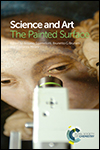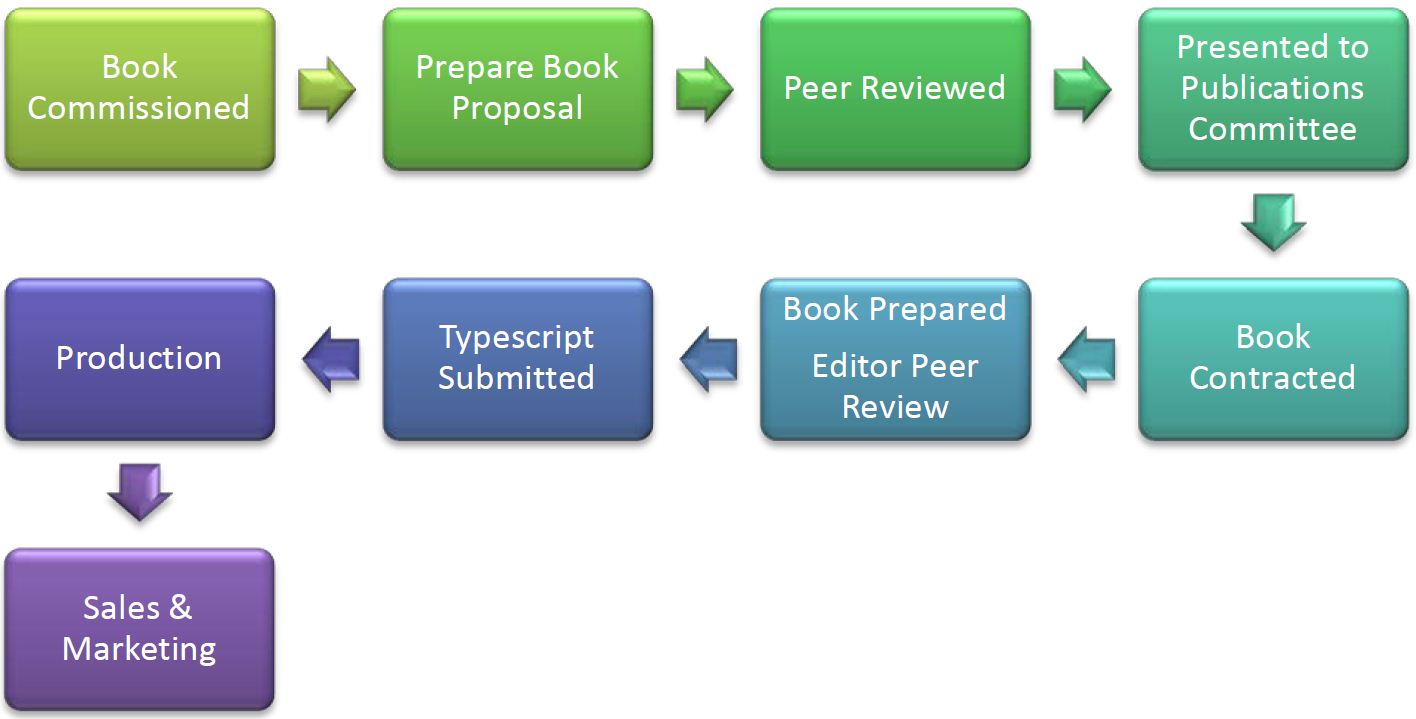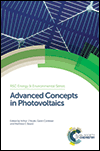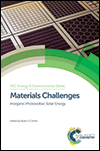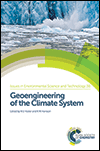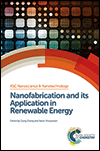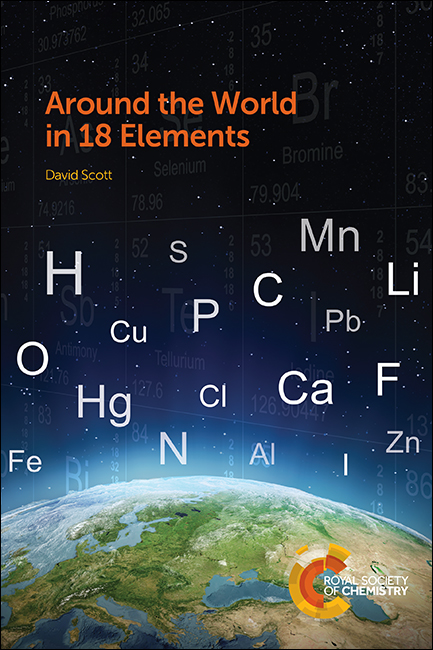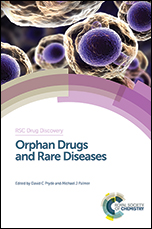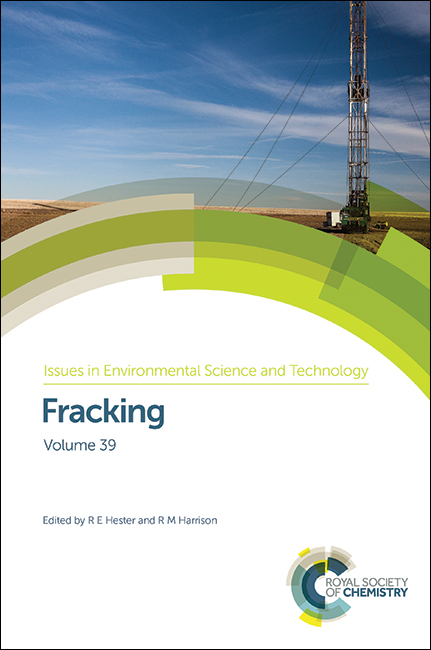 As the world considers the rightful usage of fracking in providing a new source of energy, learn more about this hot topic with our latest Book.
As the world considers the rightful usage of fracking in providing a new source of energy, learn more about this hot topic with our latest Book.
The obtaining of fossil fuel reserves by hydraulic fracturing, or “fracking,” has generated a debate that shows no sign of abating. Fracking, Volume 39 in the Issues in Environmental Science and Technology Series edited by Ron Hester and Roy Harrison, presents a critical but balanced account of developments in the technology, economics, environmental and health concerns of fracking. Aimed at students, professionals and all those concerned with energy policy development, this book will be a valuable resource for anyone looking for a two-sided, comprehensive analysis of the topic.
Chapters are written by world-leading authorities covering views on subjects such as:
- Shale Gas Boom, Trade and Environmental Policies
- Climate Change Impacts
- The Hydrogeological Aspects of Shale Gas Extraction in the UK
- Coal Seam Gas Recovery in Australia
- Prospects for Shale Gas Development in China
To find out more, please visit our website.











